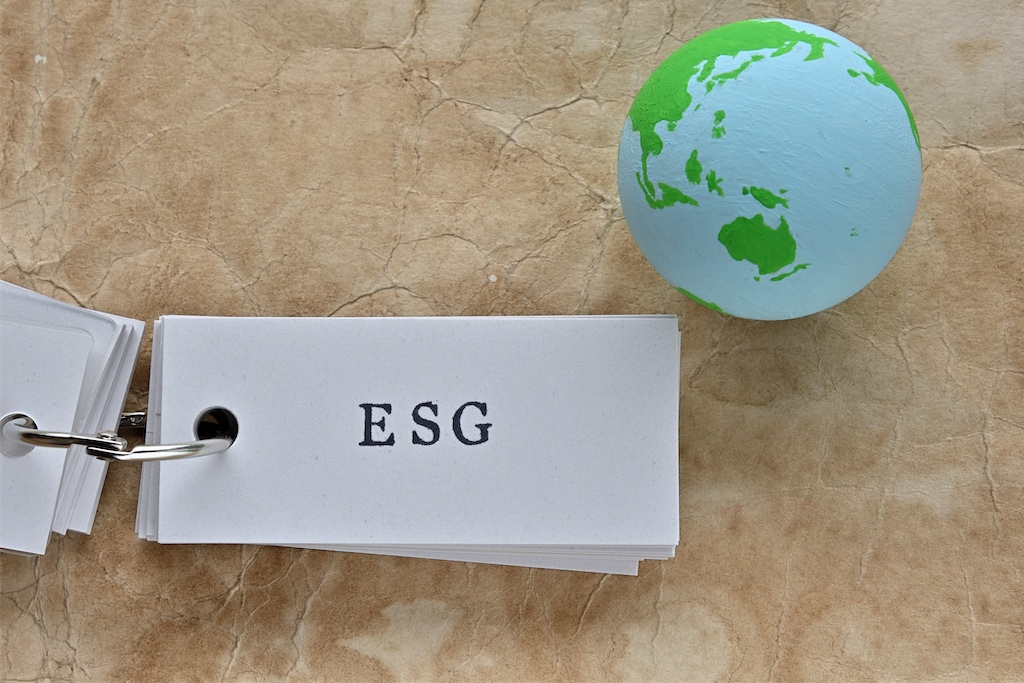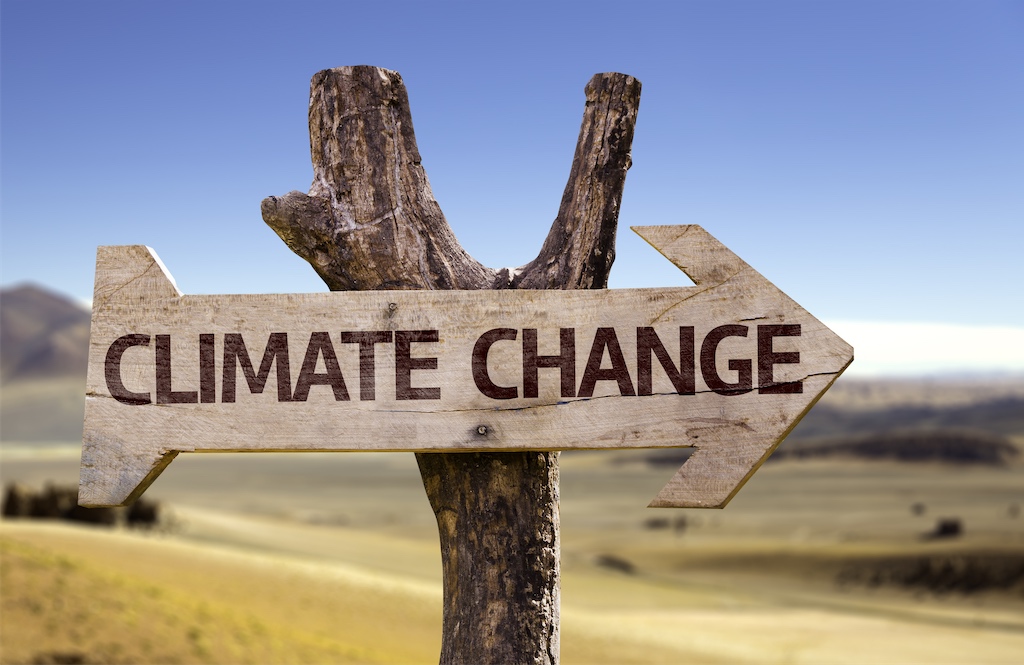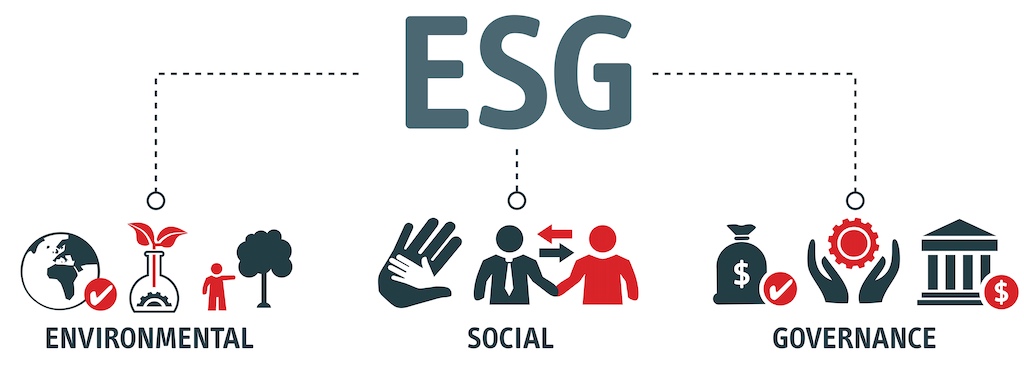
The silver lining of the COVID-19 lockdowns, albeit a slender one, is that reduced human activity has meant cleaner air and water. This situation presents to the world a unique opportunity to carefully plan its recovery and gives further impetus to the environmental, social and governance (ESG) agenda which had already been gaining momentum.
ESG discussions started to gather pace in 2018, as climate change increasingly came to be seen as crucial to companies’ long-term growth prospects. While 2019 can be considered the inflection point as investments made record flow into ESG, 2020 is likely to see the focus on ESG intensify as the pandemic has helped fast track the trust stakeholders have in ESG. Whether it is governments, investors, employees, vendors, contractors, suppliers or the community at large, they will hold corporations more responsible on ESG parameters going forward. The pandemic has given society a pause to reflect on what really matters.

Parallels can be drawn between the impact of the pandemic and climate change, insofar as both cannot be considered as unannounced threats. While both are physical shocks, the impact of climate change will be very different. The impact of climate change will be more gradual and there can be no immunity or vaccines that can help us. There are a few profound lessons from the current crisis that can help pave the road to recovery.

Social and governance factors in the post COVID-19 scenario may become critical. The way in which an organisation handles this crisis will be a test of governance. The health and safety of employees will be paramount: social-distancing norms, use of face masks, working from home, issues related to daily wage workers, etc. bring new challenges across industries. Investors and other stakeholders will be keen to see how each company handles such issues.
When millions are out of work and governments are planning the stimulus plans to revive growth, there is likely to be increased scrutiny on the pay packages of top executives. The speed of impact and the scenarios of recovery have also pushed many companies to look at innovation on a much larger scale. The recovery will require new business models, products, service designs and ways to handle customers etc. The agility to take quick decisions will be the key and investors will be keen to know the moves companies are making to adapt to the new reality.
Market data from the first quarter makes a convincing case for sustainability. Morningstar reported that 51 out of 57 of their sustainable indices outperformed their broad market counterparts while MSCI reported 15 of 17 of their sustainable indices outperformed broad market counterparts – robust across region and index methodology. The World Business Council for Sustainable Development last month published some graphs indicating how the member companies outperform the major stock indices by about 10 per cent in the U.S. and in Europe during these times. ESG ETFs are also outperforming normal indices.
The European Commission’s action plan on sustainable finance can be an indication to the future. This is a major regulatory change to enable the transition to a low-carbon economy and the maintenance of a stable financial system.
The European Commission’s action plan aims to achieve the following.
- Reorient capital flows towards sustainable investment in order to achieve sustainable and inclusive growth
- Manage financial risks stemming from climate change, resource depletion, environmental degradation and social issues
- Foster transparency and long-termism in financial and economic activity
The new EU taxonomy from the Technical Expert Group on Sustainable Finance has defined clear requirements that a project should have and the methodology for screening for investments. This move towards a sustainable finance system should be considered as a global trend in our recovery path.
The climate risk evaluation through stress testing is something many financial institutions have started. The value at risk (VaR) is evaluated on investments. But unlike conventional stress-testing models, there is no linear correlation and will be scenario based. It is clear that India will be one of the hot spots of climate disruptions and many organisations and sectors will go through this stress-testing procedure. We already see indications of this in the fossil-fuel sector. The increase in extreme weather events and the resultant impact on the economy will be another scenario that will be built into these tests.
In a recent turn of events, for the first time, CDP, an alliance of global investors with combined assets of over USD10 trillion, has accused 37 Indian companies of allegedly not disclosing the full extent of their impact on climate crisis, water shortage and deforestation. The names of these companies have been published and more detailed disclosures are sought.
It is time for us to have more faith in science. The market economics were ignoring the warnings of science for some time and this incident should bring back the discussion to the forefront. This is also an opportunity for companies to enhance the trust quotient of their stakeholders. The road to recovery from this crisis should be collaborative and inclusive. It’s time to reboot corporate strategy and align incentives, create guardrails and alter fiduciary responsibility to encompass ESG priorities.
The Article was originally published on Businessworld.in